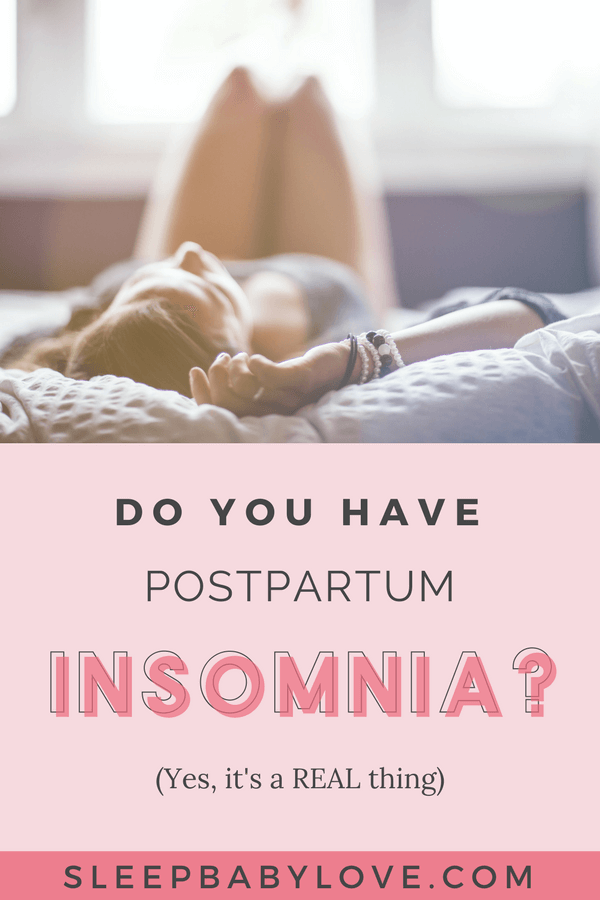Postpartum Insomnia – Yes, It’s a Thing
For new moms, missing out on those seven to eight hours a night can wreak havoc on your metabolism, patience, and nerves, leaving you with less energy to take care of both mommy and baby. However, if you’re finding it difficult to fall asleep even when you have the opportunity, you might be experiencing something more serious than a few lost hours of sleep: postpartum insomnia.
What Is Postpartum Insomnia and Who Can Develop It?
Simply put, postpartum insomnia is the inability of a postnatal woman to sleep properly. Hormonal changes after giving birth are thought to be a major cause of the disturbance. Women who experience hot flashes, anxiety, and/or postpartum depression are particularly susceptible to developing sleep disturbances. It is estimated that around 15 percent of new moms experience insomnia as a symptom of postpartum depression.
Common Symptoms and How to Relieve Them
Postpartum insomnia is typically characterized by night sweats, racing thoughts, an increased heart rate, and strange dreams, all of which affect a woman’s ability to fall and/or stay asleep. Lack of proper rest can lead to a variety of detrimental physical and mental health effects, such as irritability, anxiety, and exhaustion, making it prudent to address these symptoms as early as possible.
Taking a relaxing bath or engaging in other relaxation-inducing activities is a natural first step for combating insomnia. Certain teas, such as Pukka Night Time (Amazon), are also marketed to reduce stress, relax the mind, and induce sleep.
Taking 10 minutes before bedtime to engage in relaxation breathing techniques or gentle yoga are realistic, feasible options for inducing calmness in the body and mind. If these do not work, there are other medicinal options available.
Use of Sleep Aids
There are a handful of over-the-counter sleep aids that have been deemed safe for breastfeeding mothers. Antihistamines, which are typically used to treat cold and flu symptoms in medications like Nyquil Liquicaps (Amazon), induce drowsiness, making them useful in treating insomnia. However, these should only be used for short periods of time, and infants should continually be watched for signs of uncharacteristic drowsiness, irritability, and muscle weakness. Breastfeeding mothers should always avoid sleep aids that contain aspirin, as it is known to induce rashes, bleeding and other abnormalities in infants. Natural products like Serenity (Amazon) may be safer, but as with any supplement during this time, consult your physician.
Postpartum insomnia can lead to depression and other complications for a mother and should be addressed immediately. If the above-mentioned techniques do not work for you, consider consulting a medical professional for more tailored assistance.
A happy, healthy mommy means a happy, healthy baby.

